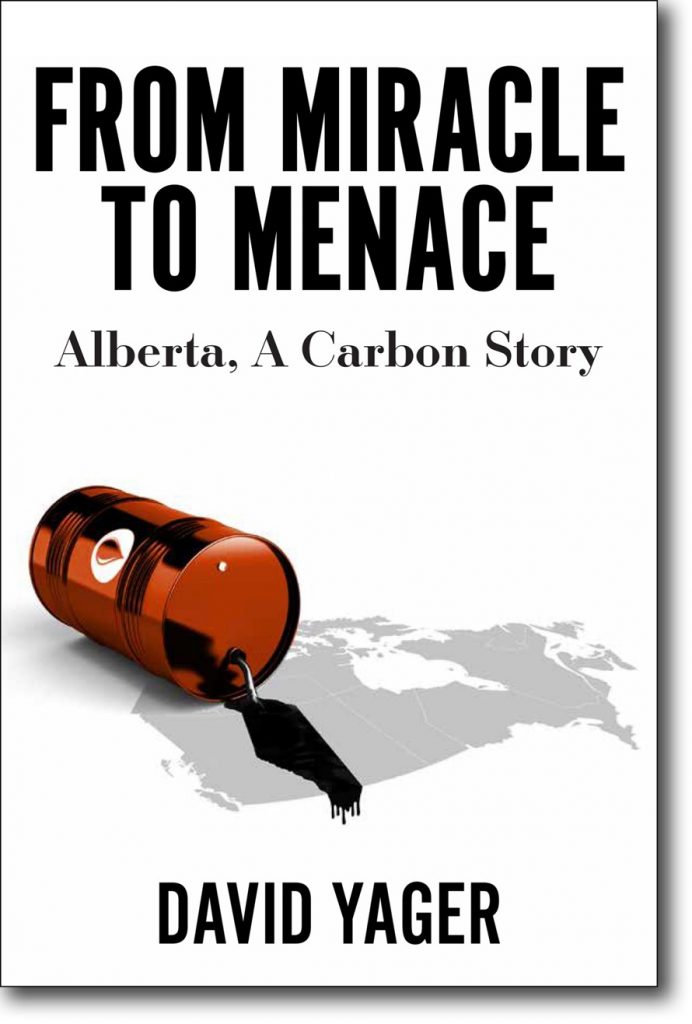Looking at what matters most to so many, PM’s climate zeal difficult to understand
By David Yager
Follow CEC on Linkedin CEC Linkedin
Follow CEC on Facebook CEC Facebook
Follow CEC on Twitter CEC Twitter

Prime Minister Justin Trudeau made some remarkable commitments on behalf of Canada at COP26. Despite representing less than 0.5 per cent of the world’s population and 1.6 per cent of global emissions, he is showing the world what climate leadership really means. But if Canadian emissions went to zero tomorrow, global GHG emissions would not decline. Why is the Prime Minister Trudeau putting climate before Canadians?
The cost of living is rising. The annual inflation rate in September was 4.4 per cent, the highest in 18 years. StatsCan’s sample of 51 household necessities, mostly food, rose 6 per cent. Retail gasoline prices were up 35 per cent. High housing prices became an election issue. The UN Food and Agricultural Organization (FAO) global food price index for October was 133.2, the highest since 2011. Europe and Asia are enduring skyrocketing energy costs.
Food costs are directly linked to the price of oil and gas. After prices dropped significantly in 2014, for the next six years the FAO food index averaged 95.3, 40 per cent lower.
It will get worse. A Fortune article November 3 was titled. “Fertilizer shortage means food prices are about to get even higher.”
The G20 summit before COP26 reached no major agreements on net zero, coal or methane. Why? Because the real world has other problems.
Prime Minister Trudeau’s comment leaving G20 was, “…Canada and a number of other countries would have liked stronger language and stronger commitments on the fight against climate change…”
However, he was praised for making Canada the only major oil producer with a carbon tax.
As US President Joe Biden left the G20 meeting, he asked the attendees and OPEC+ to raise oil production to take the pressure off rising prices for energy, food and other essential products.
Looking at what matters most to so many, Prime Minister Trudeau’s climate zeal is difficult to understand.
In Glasgow he announced emissions caps on Canada’s oil and gas production, continued carbon tax increases to $170 a tonne by 2030, and called on everyone to follow Canada’s lead and pay carbon taxes.
The word “affordable” never crossed his lips.
This is a major concern in India. Prime Minister Narendra Modi – representing 1.4 billion people and the world’s third largest GHG emitter – said his country would not achieve net zero before 2070.
The leaders of major emitters China and Russia did not attend either conference.
There are two uniquely Canadian reasons why Prime Minister Trudeau can pursue such aggressive climate policies.
First, his Liberal party has won three elections with little support in western Canada’s oil and gas producing regions. The prime minister can form governments by campaigning against his country’s largest and most valuable resource industry.
And Canada has no effective checks and balances to protect the regions which don’t support federal policies from those which do.
With the exception of Joe Biden in 2020, it is unlikely this type of campaign strategy is transferable.
Second, there’s Canada’s skyrocketing debt. Prime Minister Trudeau campaigned in 2015 on balancing the budget by 2019. Six years later it had nearly doubled to $1.1 trillion. Federal debt per person when the Liberals assumed office was $17,770. The last budget, impacted in part by the COVID-19 pandemic, disclosed this figure was up 60 per cent to $28,391.
According to the IMF, the debt/GDP ratio for the federal and provincial governments in 2019 was 89 per cent. Add in non-financial corporate and household debt and the ratio jumps to 305 per cent. Because of the pandemic, the combined federal/provincial debt/GDP ratio rose 36 per cent in a single year.
Massive public borrowing – made easier because of record low interest rates – has disguised the true performance of the economy. This is how Ottawa can suppress Canada’s most profitable resource sector and still win elections.
Higher taxes for debt servicing are inevitable.
Inflation is leading central banks to end quantitative easing and contemplate higher interest rates. What will that cost heavily indebted Canadians? And our governments?
And higher carbon taxes are assured. This was Prime Minister Trudeau’s badge of honor in Glasgow.
During the last election campaign the prime minister’s comment on macroeconomics was, “…forgive me if I don’t think about monetary policy.”
How many other national leaders can publicly demonstrate indifference on this critical subject and still be re-elected?
If voters don’t follow these details, oil company executives certainly do. Producers are going into 2022 with the highest cash flow from production in history. They could be investing billions to increase output to help cap or lower world energy prices, create jobs, and send much needed tax dollars to governments.
But after Prime Minister Trudeau’s performance in Glasgow, why invest here?
We know who the Prime Minister is speaking to.
But who is he speaking for?
David Yager is an oil service executive, oil and gas writer, energy policy analyst and author of From Miracle to Menace – Alberta, a Carbon Story. More at www.miracletomenace.ca
Looking at what matters most to so many, PM’s climate zeal difficult to understand

Share This:





 CDN NEWS |
CDN NEWS |  US NEWS
US NEWS 



































Borrowing More and More – Federal Budget Brings New Programs and Pains: Margareta Dovgal – Resource Works